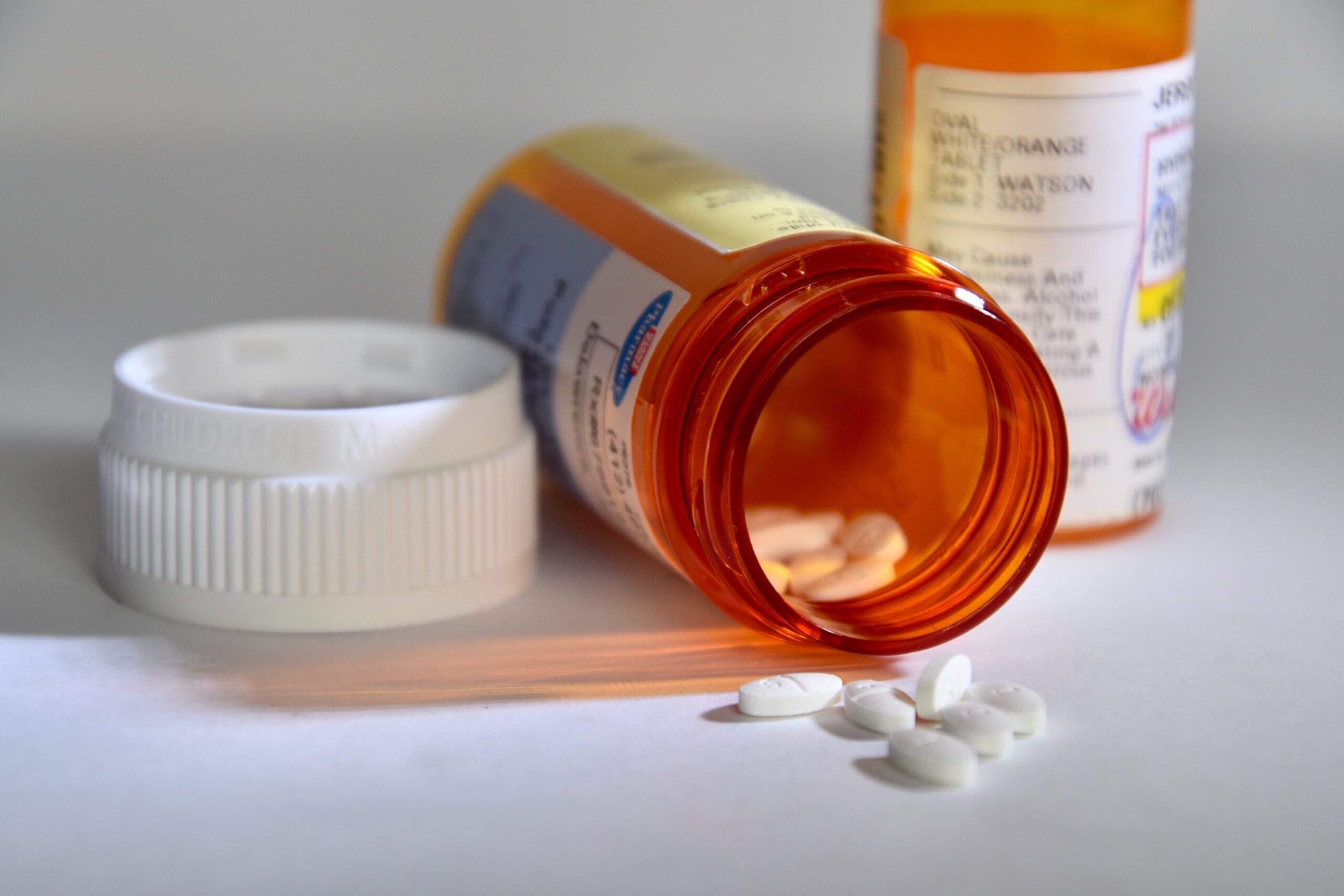Medication-Assisted Treatment
Medication-assisted treatment (MAT) can be an effective approach for individuals in recovery from alcoholism.
MAT involves the use of medications, in combination with behavioral therapy and support, to help individuals reduce or stop alcohol use and maintain sobriety.
There are several medications that can be used as part of MAT for alcoholism, including:
- Disulfiram: This medication works by causing unpleasant symptoms, such as nausea and vomiting, when alcohol is consumed. This can help individuals develop an aversion to alcohol and reduce their desire to drink.
- Naltrexone: This medication works by blocking the effects of alcohol on the brain, reducing cravings and the pleasurable effects of drinking.
- Acamprosate: This medication works by stabilizing brain chemistry, and reducing cravings and symptoms of withdrawal.
MAT can be particularly effective for individuals who have tried other approaches to recovery without success.
It can help to reduce cravings and withdrawal symptoms, which can make it easier to maintain sobriety and focus on other aspects of recovery, such as therapy and support groups.
It’s important to note that MAT is not a cure for alcoholism, but rather a tool to help individuals manage their alcohol use and maintain sobriety.
It is typically used as part of a comprehensive treatment plan that includes behavioral therapy and support.
Overall, MAT can be a valuable option for individuals in recovery from alcoholism.
It can help to reduce cravings and withdrawal symptoms and make it easier to maintain sobriety and focus on other aspects of recovery.
